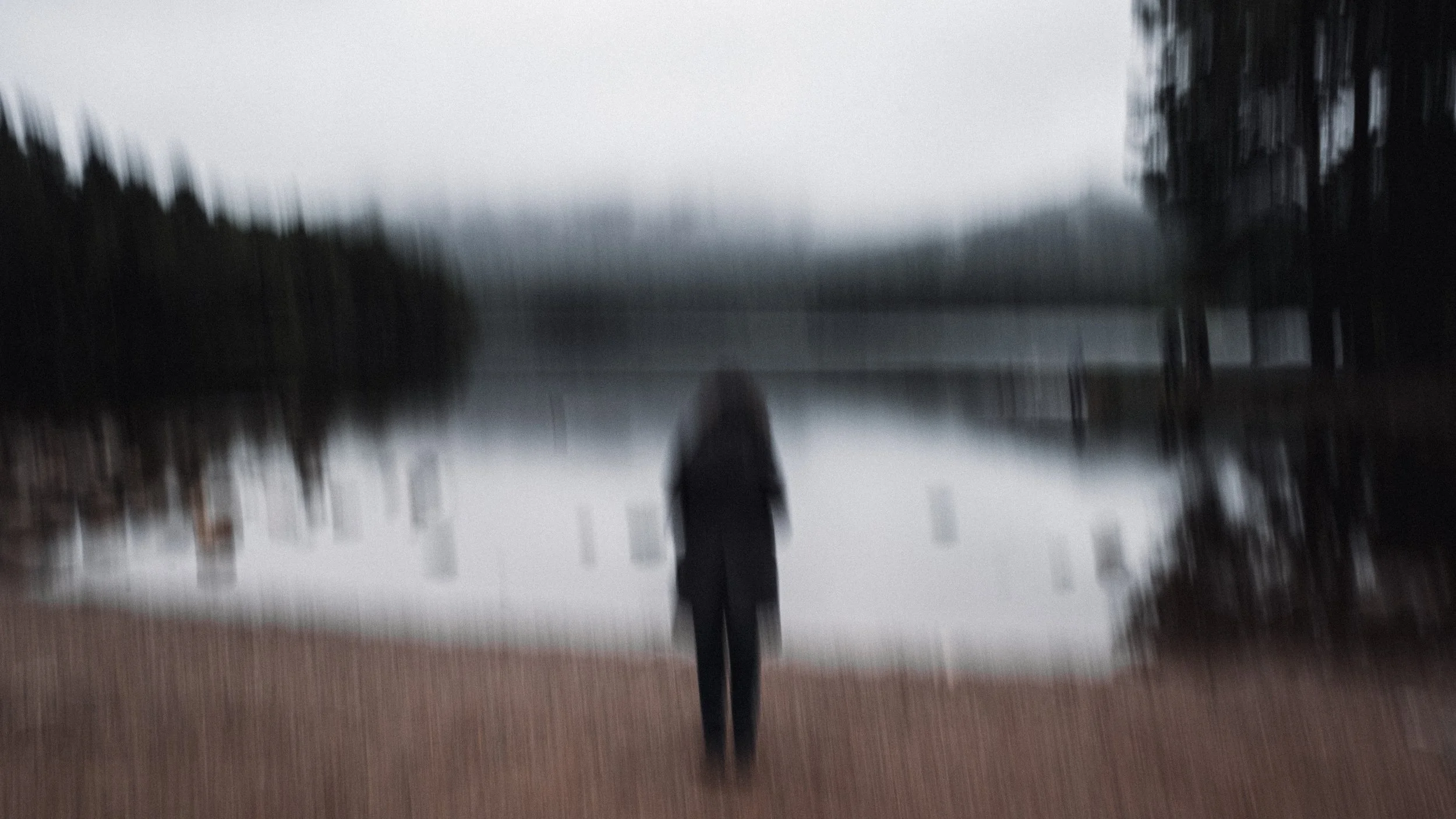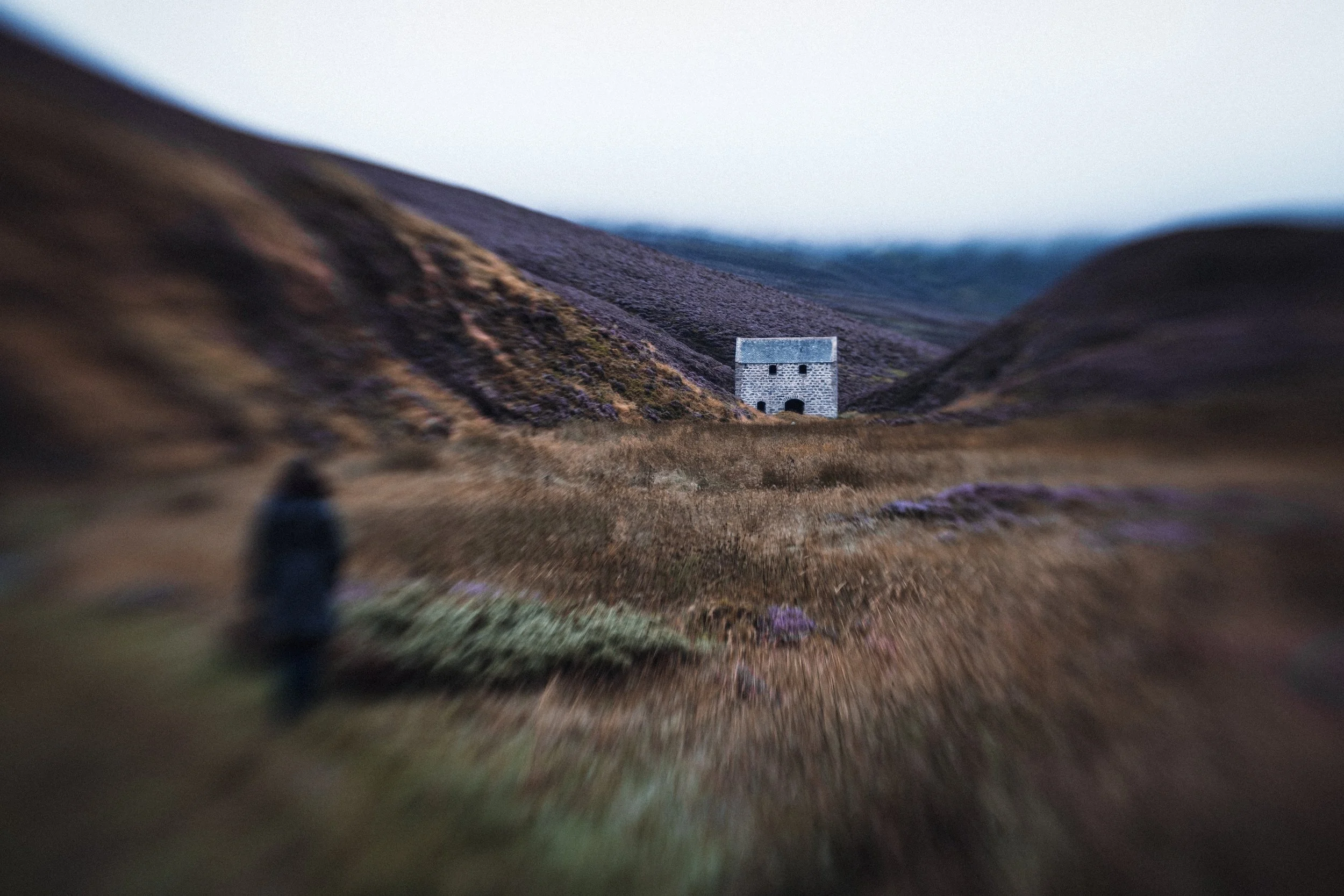On Defining Success
“The Four Conditions of Happiness: Life in the open air, Love for another being, Freedom from ambition, Creation” – Albert Camus
I’ve been thinking a lot about the dilution effect these days, that feeling of being one drop in the ocean. Do you care to guess how many photos and videos are posted on Instagram every day? Go on, give it a guess. The answer is 95 million posts, every single day.
Internet has definitely changed the world for the better in many, many ways, but it has also turned us into a global network. When we upload one of our photos to social media, we are comparing ourselves to every other photographer in the world with a social media presence. That’s thousands and thousands of world-class photos, all competing for attention. The Instagram algorithm also rewards you for spending time on their app, so you should post photos 3 times a week or watch your engagement levels drop into oblivion.
I am not very good at the Instagram game. I often disappear for weeks or months without posting, and when I decide to come back to the platform and share a bit of my work once again, I start over with an average reach of 300 accounts (meaning my photo appears on the feed of 300 people), whereas I used to reach 2 to 3000 back when I was a regular poster, and yet I’m a much better photographer today.
“Why bother?”, you may ask. You may also remind me that likes and engagement aren’t the most important thing. I should be doing art for myself and what it brings me, not for others. And I agree, to a certain extent. I love being in the street taking photos, it’s a great state of creative flow that I crave almost every week, and when I’m in the zone I couldn’t care less about Instagram and my audience. But I took 30’000 photos in 2022, some of them I’m even really proud of. Is it enough for me, seeing them sit in a folder on my computer, knowing that nobody will ever see them? Well, no. One of the goals of art is to communicate to others, and so the people viewing your art will always be part of the equation.
So that’s the question I want to tackle today. How to stay positive when competing with so many people, and reaching so few?
I also find this problem is true in everyday life. I often come across people feeling depressed about the meaninglessness of modern life. Sometime in November 2022 the 8 billionth human was born. We live in cities with tens of millions of people, every one of us keeping busy and doing our best. We sometimes feel like lonely drops in the ocean, lacking meaning and purpose, because we believe the world will do just fine without us.
When thinking about this problem I often come back to the concept of feeling valued. Receiving positive feedback for your work leads to you feeling valued as a photographer. But isn’t this also true for other aspects of life? Receiving positive feedback from your boss and colleagues at work feels reassuring, because you feel valued in your job. The same goes for friendships. Knowing that you are important in the lives of your friends is vital to good friendships. If every time you meet a friend they never show enthusiasm for seeing you, you will naturally get the feeling that they don’t care about you. And the same is of course true in relationships. Knowing the value we both bring to each other creates an environment of trust between my partner and I. We are much stronger together as we would be alone.
So is this just a selfish ego-trip or is it something more? This thought process reminds me of ambitious friends who want to achieve so much that they will be remembered long past their deaths. Is feeling valued a good thing, or is it just an echo of our fear of death?
Well I think it’s a bit of both. Our conscious selves emerge from complex biological and chemical processes in our brains, and big parts of our personalities are hard-coded thanks to millions of years of evolution. So let’s look back to our roots, and try to find out where the need to be valued comes from.
Until about 15’000 years ago we lived as tribes of hunter gatherers. Survival was much more difficult; half of all children didn’t live to puberty, and life expectancy averaged out at about 30. We often talk about individualism and survival of the fittest when discussing our prehistory, but research also points towards the importance of collaboration and prosocial behaviour for survival. Professor of anthropology Robert Sussman argues in his book The Origins and Nature of Sociality that “instead of being genetically predisposed to competition and aggression, humans have a biological foundation for unselfish social interaction. How do you explain firefighters running into a burning building to save strangers at the possible expense of their own lives? There’s no biological imperative for that.” He adds “Charles Darwin himself believed that morality plays a role in human evolution by natural selection. A high standard of morality may give the individual and his children no advantage over other group members, yet it works to give his tribe an advantage over other tribes.”
Humans, as well as all other primates, are social, tribal beings. Not only do we thrive in a community, but a community is also vital for our survival. Chances to survive alone outside of a tribe were very slim, so we evolved to understand social cues from our peers to ascertain whether we were a strong, valued part of the community, or if we were at risk of being kicked out. Many studies today show the importance of strong social ties for one’s happiness. Anthropologist Sophiya Sharma theorises in this blog that the individualist capitalism of today is erasing meaningful connexions and communities: “We have put a real emphasis on individualism and forgotten the importance of community, of kinship ties and networks. But having a stable sense of community can mean much more than just having a vibrant social life. An important factor which is often overlooked is how we feel when diagnosed with a chronic illness. Do we feel like we will be looked after? Or do we lack a sense of trust in those closest to us to hold us up when we need it most. It is not just that we are alone and isolated that makes us miserable, but the constant threat of being alone and helpless in an uncertain future full of unpredictable possibilities.”
I would therefore suggest that wanting to feel valued is quite natural, be that at work, with friends, or with your art. But it’s a tricky feeling to navigate as we are dealing with the ego here. It’s important to be attentive to what people from your social group think about you. Others can help shine light on aspects of who you are, so that you can grow as a person and stay a valued part of your community. If you don’t care enough about what others think, you may become disconnected from others and end up alone. However, if you care too much about what others think, especially from those who don’t matter, you could end up lacking self-confidence and letting other people dictate your worth and the direction your art should take. Navigating relationships is one of the hardest things we do, in the end we can only hope to find a community of people who respect each other enough to help everyone grow together.
Okay so back to photography, I asked a few fellow photographers their thoughts on the feeling of dilution on social media, and if they could share a story about when they felt recognition for their art. Here are some insights:
My friend “J”, A.K.A SangfroidStrut, believes “we all practice our craft with the hope that someone will take an interest in it and appreciate it. Not for monetary gain per se, but art appreciation for the sake of recognizing your creative vision.” He is similarly frustrated when receiving little positive feedback for content that he values, however he has developed personal relationships online who write to him directly to share appreciation for his work, and he does the same. These positive, more personal relationships, help encourage him to continue and improve.
Fellow member of SwissStreetCollective Marianne Burri doesn’t look for likes on social media, but does try to build personal relationships with people on different platforms by talking to them directly in private messages, and even setting up zoom calls with them. She feels recognition when people come to her exhibitions and love working with her.
And finally, the great Kit Young shared some lovely insights with me: “The best recognition of my art has to be through publications and exhibitions. I think that when people find the time to want to learn more, and to delve deeper into a certain aspect of my work, I feel a great sense of satisfaction.” He also had this to say of social media, which really spoke to me: “Social media really does have its limitations. Chasing likes and working at being a photographer are not the same thing - they are actions that belong in two separate worlds.”
As always, I would like to thank those who took the time to share their insights with me. These three testimonials helped me understand how to navigate the dilution effect: Our sense of value doesn’t come from the internet, from anonymous likes by people we don’t know. They come from validation by the people we know, by our community.
They say that it’s impossible to be a famous photographer today in the internet age. There are simply too many of us competing for attention. Thankfully, that doesn’t seem to matter. Your ambition shouldn’t be to gain a mass of followers or be world famous, it should be to focus on offline and online relationships. Create a positive online community, organise local exhibitions of your art, or publish a photobook. Anything that helps you interact with people around your work. Don’t forget that we evolved to live as a tribe. The only success we ever need is to be part of a strong community.
Until next time.



